How to Minimize Duties and Taxes for Your Business

Running a successful business involves managing various expenses, and one significant aspect that entrepreneurs need to consider is duties and taxes. These financial obligations can significantly impact a company’s bottom line. However, with strategic planning and compliance measures, businesses can minimize these costs and enhance their profitability.
Understanding Duties and Taxes
What are Duties and Taxes?
Duties and taxes refer to the fees imposed by governments on imported and exported goods. These charges are typically based on the value or quantity of the products being traded. Duties are levied on imports, while taxes may include value-added tax (VAT) or goods and services tax (GST).
Why are They Important for Businesses?
For businesses engaged in international trade, duties and taxes are essential considerations that directly affect pricing, profit margins, and competitiveness. Failure to account for these expenses adequately can result in financial losses and legal consequences.
Factors Influencing Duties and Taxes
Several factors influence the calculation of duties and taxes:
Tariff Rates
Tariff rates, determined by governments, dictate the percentage of duty imposed on specific goods. These rates vary depending on the product’s classification and country of origin.
Product Classification
Products are categorized into specific classifications based on their characteristics and intended use. The classification code assigned to a product determines the applicable duty rates and regulatory requirements.
Trade Agreements
Free trade agreements between countries can significantly impact duty rates. Businesses operating within regions covered by such agreements may benefit from reduced or eliminated tariffs on qualifying goods.
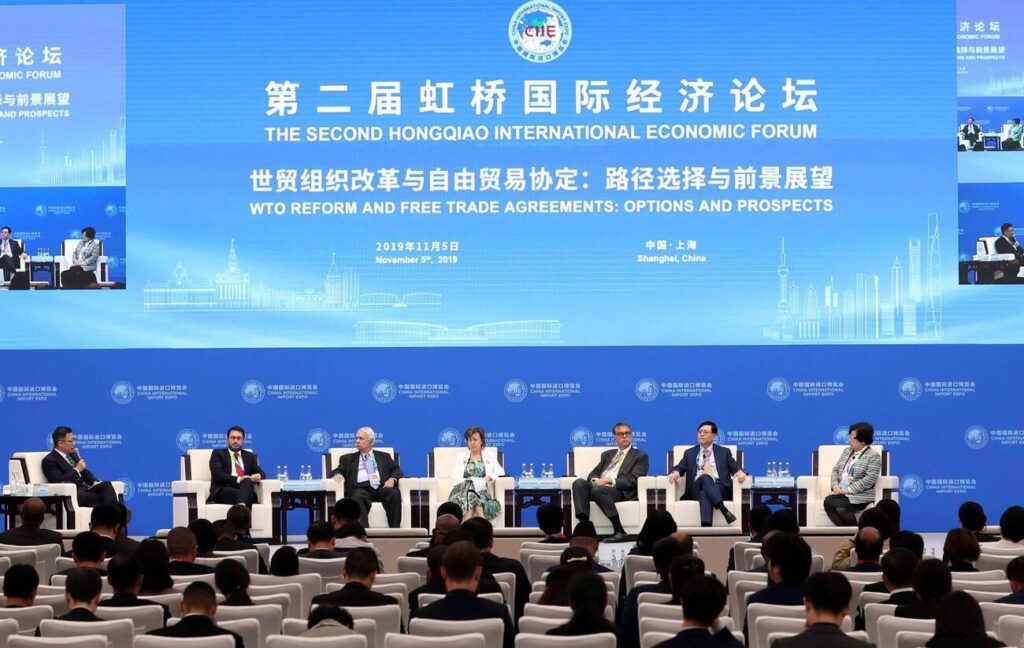
Country of Origin
The country of origin plays a crucial role in determining duty rates. Goods originating from countries with preferential trade agreements or low tariff rates may incur fewer duties compared to those from non-preferred countries.
Strategies to Minimize Duties and Taxes
To minimize duties and taxes effectively, businesses can implement various strategies:
Utilizing Free Trade Agreements
Take advantage of free trade agreements (FTAs) to access preferential duty rates or tariff exemptions. By understanding the terms of these agreements and ensuring compliance with the rules of origin, businesses can reduce their import costs.
Tariff Engineering
Optimize product design or composition to qualify for lower duty rates or exemptions. This process, known as tariff engineering, involves making strategic modifications to products without compromising their functionality or quality.
Establishing Foreign Trade Zones
Establishing operations within foreign trade zones (FTZs) allows businesses to defer, reduce, or eliminate duties on imported goods until they are sold or exported. FTZs offer various benefits, including streamlined customs procedures and reduced administrative burdens.
Valuation Methods
Adopting appropriate valuation methods can help minimize duty liabilities. Businesses can explore valuation techniques such as transaction value, deductive value, or computed value to ensure accurate and favorable duty calculations.
Duty Drawback Programs
Participate in duty drawback programs to recover duties paid on imported goods that are subsequently exported or used in manufacturing processes. These programs provide opportunities for businesses to recoup expenses and improve cash flow.
Importance of Compliance
While pursuing strategies to minimize duties and taxes, businesses must prioritize compliance with customs regulations and documentation requirements. Non-compliance can lead to penalties, delays, and reputational damage.
Risks of Non-Compliance
Failure to comply with customs regulations can result in severe consequences, including fines, seizures of goods, and legal action. Businesses must adhere to import and export laws to avoid disruptions to their operations and financial losses.
Ensuring Accurate Documentation
Maintaining accurate and complete documentation is essential for demonstrating compliance with customs requirements. Businesses should keep records of transactions, classification codes, and supporting documents to facilitate smooth customs clearance processes.
Staying Informed About Regulatory Changes
Regularly monitor changes in customs regulations and trade policies to adapt strategies and ensure compliance. By staying informed about updates and developments, businesses can proactively address potential challenges and optimize their duty and tax management practices.
Conclusion
Minimizing duties and taxes is a critical aspect of managing international trade operations effectively. By understanding the factors influencing duty calculations and implementing strategic measures to mitigate costs, businesses can enhance their competitiveness and profitability in the global marketplace.
FAQs
What are the consequences of non-compliance with customs regulations?
Non-compliance can result in penalties, goods seizures, and legal action, adversely affecting business operations and finances.
How can businesses determine the applicable duty rates for their products?
Businesses can consult tariff schedules or customs authorities to determine the duty rates based on product classification and country of origin.
What are some common challenges associated with duty and tax management?
Challenges may include navigating complex regulatory requirements, staying updated on changes in trade policies, and managing compliance across multiple jurisdictions.
Are there any risks associated with utilizing duty drawback programs?
While duty drawback programs offer benefits, businesses must ensure compliance with program requirements to avoid potential penalties or disqualifications.
How can businesses stay informed about regulatory changes affecting duties and taxes?
Businesses can subscribe to industry publications, participate in trade associations, and engage with customs authorities to stay updated on regulatory developments.
Recent Posts
- Budget-Friendly Imports: Strategies for Cost Control When Importing Goods From China
- Bridging Cultures: Navigating Cultural Aspects in China Imports
- Guide to working with a sourcing agent in China for startups
- How China Sourcing Agents Can Transform Your Business
- Exploring the Benefits of Collaborating with a China Sourcing Agent
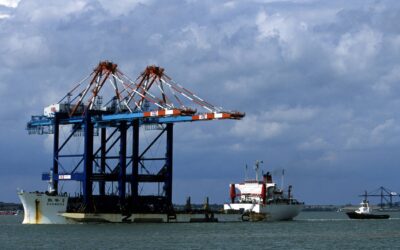
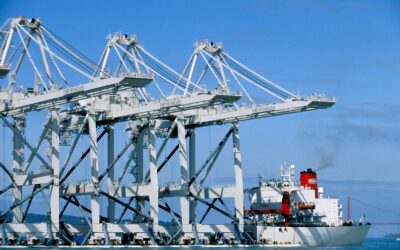
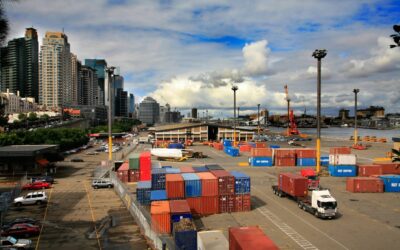


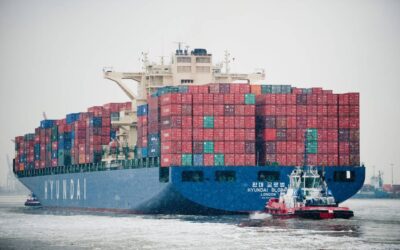
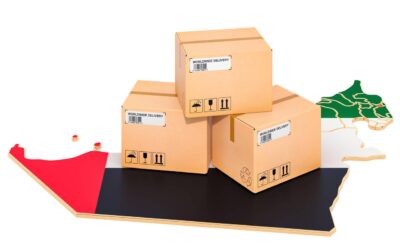
Recent Comments